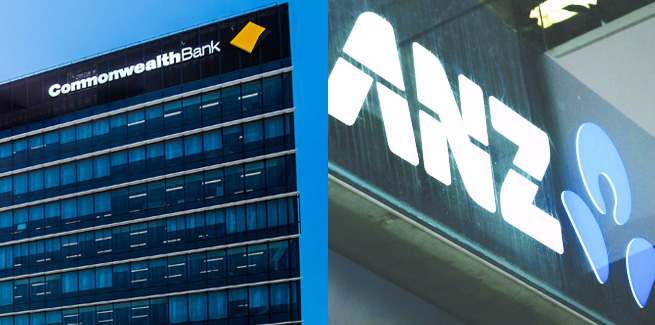ANZ and the Commonwealth Bank of Australia (CBA) have announced that they have reached an agreement to settle a class action brought against them in the US during 2016.
In 2016, the US District Court for the Southern District of New York brought the case against ANZ, CBA, Westpac, and National Australia Bank (NAB), as well as 32 other institutions in relation to bank trading and the BBSW, the primary interest rate benchmark used in Australian financial markets.
According to the US claim that was lodged, the defendants made “hundreds of millions of dollars” in profits by “artificially fixing BBSW-based derivatives prices at levels that benefitted their trading books”.
CBA has now announced that it has reached an agreement with the plaintiffs to settle the US bank bill swap rate (BBSW) class action, which was commenced against CBA, other banks and two brokers in relation to the trading of certain products in connection with the BBSW.
Both the major banks said the settlement is without admission of liability and it remains subject to negotiation and execution of complete settlement terms (deed of settlement), as well as court approval.
They added that the financial impact of the settlement is “not material”, while the CBA added that it previously raised a provision in relation to this matter in the 2021 financial year.
CBA said the terms of the settlement are currently confidential.
In October 2020, Westpac signed agreements to settle two class actions brought against it in the US in relation to trading activity in the Australian BBSW market.
Many of the banks involved in this claim – including the four major banks – were also the subject of legal proceedings brought by the Australian Securities and Investments Commission (ASIC) regarding alleged “unconscionable conduct and market manipulation in relation to… setting the bank bill swap reference rate”.
In November 2017, the Federal Court of Australia approved a settlement between ANZ and ASIC that required the major bank to pay a total of $50 million in charges.
In January 2018, ASIC began civil penalty proceedings against CBA for its alleged involvement in setting the BBSW between January and October 2012, which resulted in the major bank acknowledging that it “attempted to engage in unconscionable conduct” and paying $5 million as part of an in-principle settlement.
[Related: ANZ rate-rigging fine ‘doesn’t measure up’]
 ;
;
